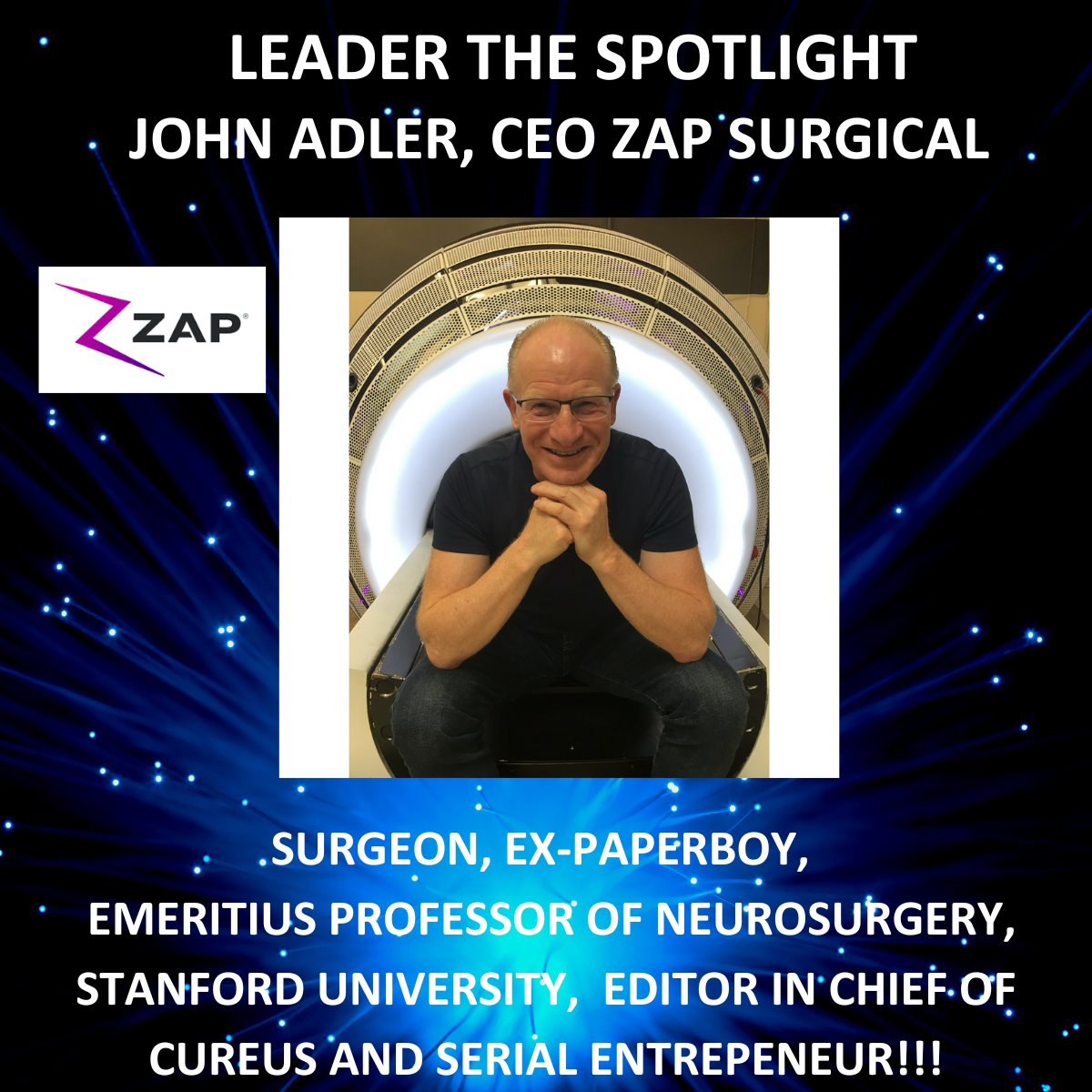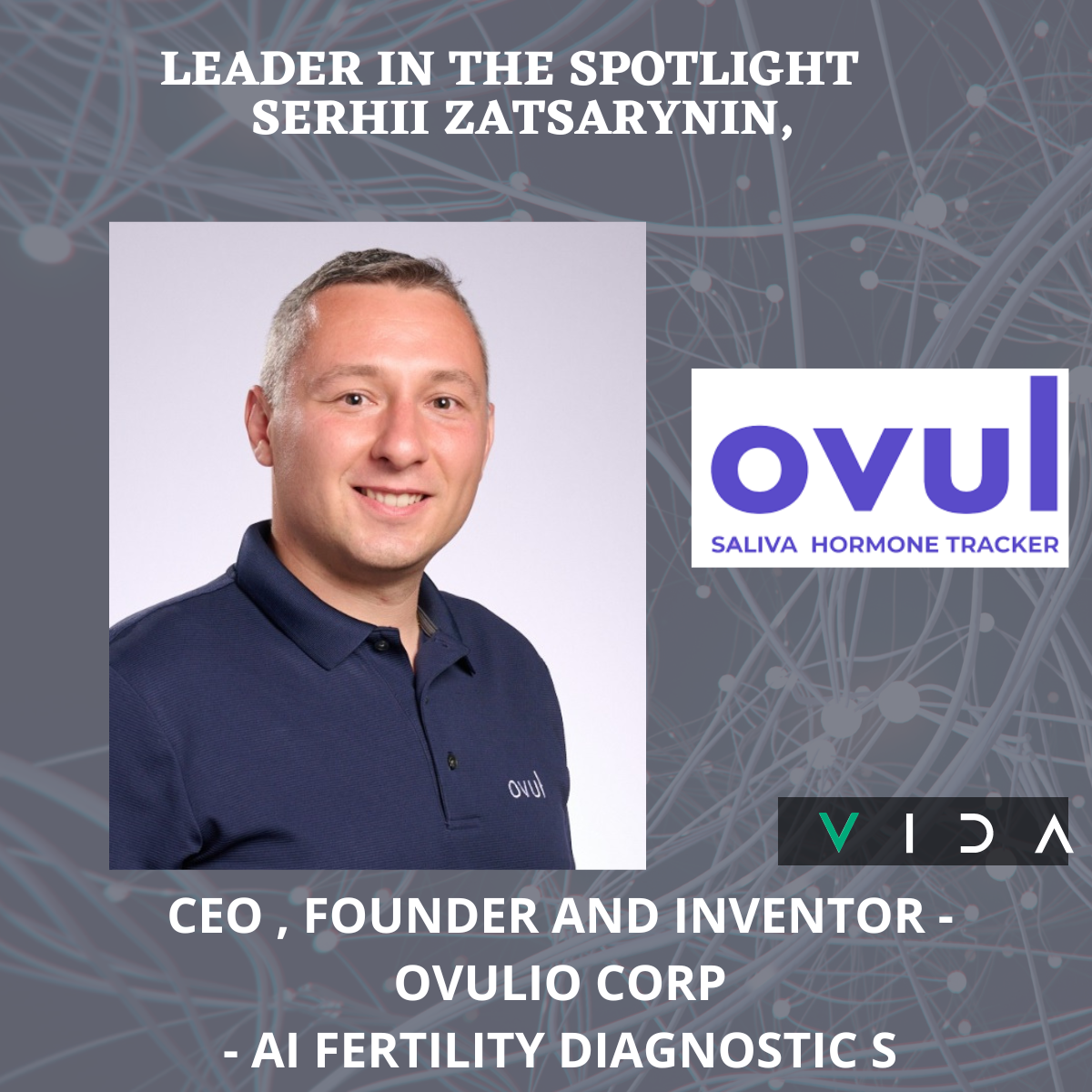
POSTED BY
John Swift
The impact of innovation in precision medicine on oncology therapies
Precision and personalised medicine is an innovative medical model that is based on therapies and treatment plans precisely tailored to each individual patient. These tend to be based on characteristics such as personal genetic information, patient’s lifestyle and environment.
Although clinicians have always relied on a patient’s medical history and personal situation, these factors have still led to more of a general approach to treatment based on larger groups, averages and broad-based medical trials.
Now with the use of precision and personalised medicine, clinicians can consider the patient’s individual genetics, environment, biomarkers, and more. These additional factors provide more accurate diagnoses for each patient, but importantly allow treatment, therapies and prevention methods that are precisely suited to them, and therefore potentially far more effective.
This is particularly beneficial when dealing with cancer, where generic treatments can cause dramatic and unwanted side-effects and can often incur secondary therapies to mitigate such interventions.
The advance of precision and personalised medicine in the field of oncology in particular offers exceptional opportunities in the care of patients with the potential for excellent prognosis, reduced intervention and fewer unwanted side-effects.
This kind of medicine relies on a number of key advances – notably big data, bioinformatics, artificial intelligence and gene sequencing.
Big Data
Big data will be key in reshaping disease prevention strategies. The ability to combine huge data sets of genomics with individual environmental data will help predict which individuals are at risk.
Big data are instrumental to monitor the effects of specific therapies, such as expensive oncolytics, especially in relation to patient and tumour characteristics. This will provide important individual information that will be used to calculate cost-efficiency of certain treatment regiments.
https://www.sciencedirect.com/science/article/pii/S1368837519303021
Current leaders in this field include Johnson & Johnson, Abbott Laboratories, Medtronic, with challengers such as Allscripts Healthcare Solutions, McKesson and Zimmer Biomet Holdings
Bioinformatics
Cancer data, by its very nature, somewhat fragmented and compartmentalised. To overcome the challenges this poses, researchers are accessing curated data from across many different institutions. Bioinformatics is the infrastructure used by researchers to store, analyse, integrate, access, and visualise large amounts of biological data and related information. It tends to use advanced computing, complex mathematical algorithms, and advanced IT storage systems, to bring together the many different tools and platforms. It includes data from whole genome sequencing, advanced imaging studies, as well as comprehensive analyses of the proteins in biological samples, and clinical annotations.
https://www.cancer.gov/research/infrastructure/bioinformatics
Leaders in this field include Illumina, Roche and Thermo Fisher Scientific, with challengers such as DNAnexus and Qiagen.
Gene Sequencing
Genes and genetic alterations are the foundation of cancer. Many genetic alterations interrupt the normal functioning of tumour-suppressor genes, which regulate cell growth and death, and typically protect against cancer. But mutations in these tumour-suppressor genes - BRCA1 and BRCA2 for example - have been linked to a much higher risk of breast, ovarian and prostate cancer.
Mutations that impair the function of genes that underpin a cell’s ability to repair damaged DNA have also been implicated in cancer, as have mutations that generate oncogenes: genes that can actively transform a healthy cell into a cancer cell. Identifying cancer-causing mutations can be essential to diagnosis, particularly when it comes to haematological cancers.
Leaders in this field include Illumina, Roche and Thermo Fisher Scientific with challengers such as Medtronic, Boston Scientific, Stryker
Artificial Intelligence
AI is reshaping oncology, integrating the large amount of data derived from multi-omics analyses with current advances in high-performance computing and ground-breaking deep-learning strategies.
Applications of AI are expanding and include new approaches for cancer detection, screening, diagnosis and classification, the characterisation of cancer genomics, the analysis of tumour microenvironment, the assessment of biomarkers with prognostic and predictive purposes and of strategies for follow-up and drug discovery.
The leaders in this field are Johnson & Johnson, 3M and Medtronic, with challengers such as Boston Scientific, Philips and Stryker.
Diagnosis and prevention - examples
The ability to understand a patient’s genetic makeup and mutations can help prevent certain cancers or diagnose them early on. There are genetic mutations that make one more likely to get some types of cancer. If clinicians can discover this early on, they can find ways to prevent them and increase screening. The BRCA mutation increases the risk of several cancers, especially breast and ovarian cancer.
Both BRCA 1 and BRCA 2 mutations are known to increase cancer risks significantly.
Ovarian cancer is the eighth most common cause of cancer death in women. Breast cancer is the most frequent cancer in women and is the leading cause of female cancer-related deaths worldwide.
There are two genetic tests available to find genetic mutations such as the BRCA 1 and 2 mutations.
Testing women genetically to find out they have a BRCA mutation, allows healthcare professionals to increase screening with more frequent mammograms or ultrasounds of the ovaries. Early detection is extremely important. Some women may even undergo preventative procedures such as a bilateral mastectomy and a bilateral salpingo-oophorectomy.
Two of the most common tests are next-generation sequencing (NGS) and Sanger sequencing.
NGS refers to high-throughput methods for DNA sequencing, and the technique is highly scalable and generally involves fragmenting the genome and then sampling for and sequencing the fragments. NGS can be performed on formalin-fixed and paraffin-embedded (FFPE) and freshly collected tissue specimens, as well as on fine-needle aspiration samples. Sanger sequencing is a DNA sequencing technique that uses modified, chain-terminating dideoxynucleosides (ddNTPs).
To conclude – for now
Oncology has been the primary focus of precision and personalised medicine, and one of the main beneficiaries – with some exceptional outcomes. This success will inspire investment and drive interest. Now, many other areas such as autoimmune diseases, neurodegenerative diseases, mental health, cardiovascular diseases, and more will seek to emulate this early success, and we will see precision, personalised medicine advance right across a range of conditions.



